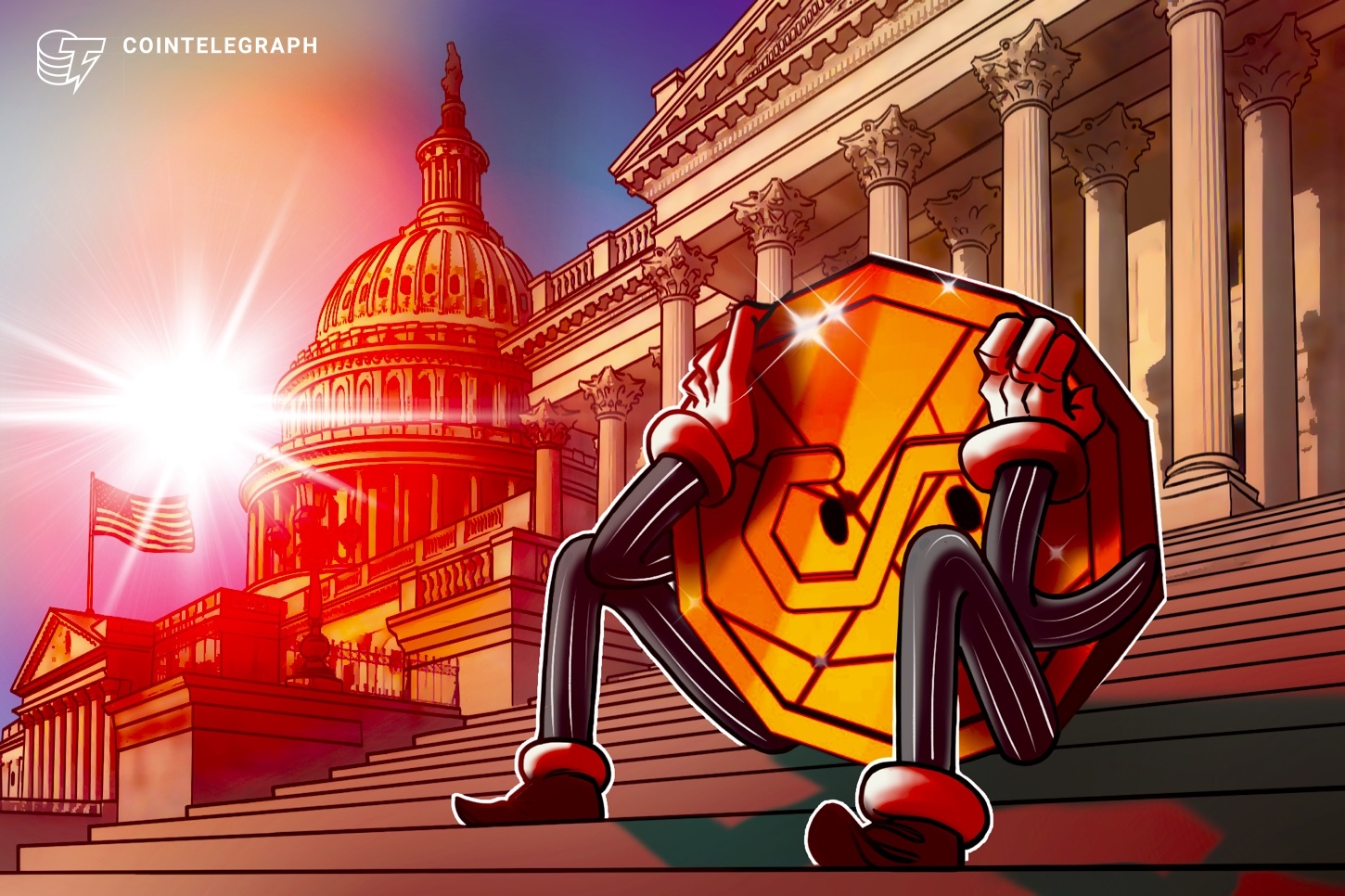The Guiding and Establishing National Innovation for US Stablecoins of 2025 Act, known as the GENIUS Act, failed to pass cloture in the United States Senate on May 8, dealing a blow to cryptocurrency regulation in the country.
The bill, sponsored by Senator Bill Hagerty and co-sponsored by Senators Tim Scott, Kirsten Gillibrand, Cynthia Lummis and Angela Alsobrooks, received last-minute pushback from Democrats, who took aim at the bill and raised concerns about US President Donald Trump’s cryptocurrency ventures.
To address the concerns of Senate Democrats, the bill had already been amended to include stricter requirements for stablecoin issuers for further provisions for Anti-Money Laundering.
The GENIUS Act was seen as a bipartisan effort to increase regulatory clarity for digital assets in the United States. The focus of the bill, stablecoins used for payments, was looked at as extending dollar dominance internationally and straying away from more controversial crypto topics.
After the procedure failed, Senate Majority Leader John Thune criticized Democrats, saying, “Democrats have been accommodated every step of the way […] frankly, I just don’t get it.”
“Disappointment” at cloture vote failure
After the GENIUS Act failed to meet cloture, some individuals took to social media to express their displeasure at Congress's lack of progress toward a sensible digital asset regulatory framework.
Lummis published a statement that read, “I’m deeply disappointed that we were unable to pass this important, bipartisan-crafted stablecoin legislation today. Make no mistake, digital assets are the future and America must lead the way.”
She wasn't the only Republican sharing her thoughts about the situation.
Treasury Secretary Scott Bessent issued a lengthy statement on X, writing that for stablecoins and other digital assets “to thrive globally, the world needs American leadership.”
Blockchain Association CEO Kristin Smith said in a statement that while “disappointed that the GENIUS Act did not pass its cloture vote today, we remain encouraged by the bipartisan engagement on this critical digital asset legislation.”


